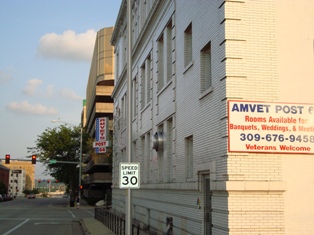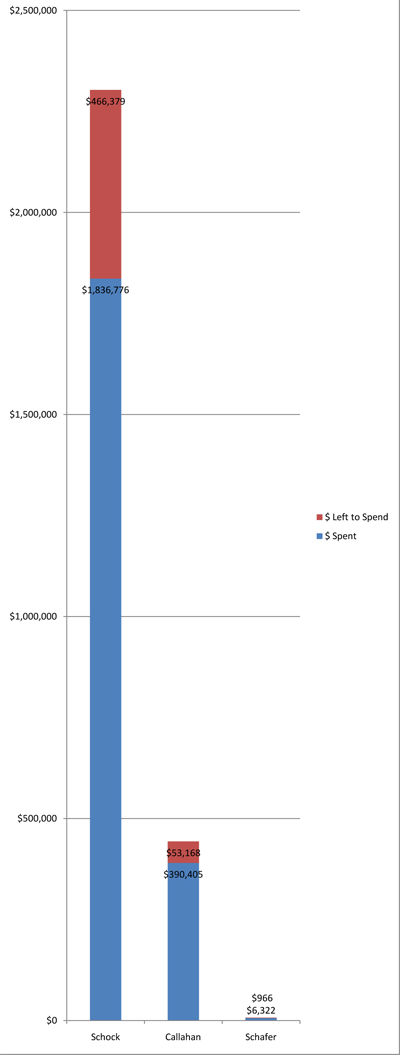But as a notary public, Schock was required to provide accurate information about witnessing documents being signed. Schock declared that he witnessed the documents being signed on Jan. 1, 2000, but they weren’t actually signed until more than a year later.
“I can honestly tell you I don’t remember signing anything. I’m sure I did,” he said. “But to ask me what day I signed a document eight years ago, I’m sorry to tell you I don’t remember.”
Schock […] commented on the subject while meeting with the (Springfield) State Journal-Register editorial board. He said he had notarized the document when he was 19, before he held elective office. “So I mean, the question of what I would be like if I was elected to office can be answered, has been answered,” he said, reciting his experience of being elected to the District 150 School Board and later to the Illinois House of Representatives. “I stand by my record in public office.”
These quotes prompted me to try to construct a timeline. I went back in the archives and determined that Schock decided to run for school board in December of 2000. In February of 2001, his petitions were challenged and he was ultimately removed from the ballot. He then mounted a write-in campaign and won on April 3, 2001. He started his term on July 2, 2001.
Based on published statements that the document that was dated Jan. 1, 2000 was actually signed “more than a year later,” that means it was signed after Jan.1, 2001. If it was signed before Schock “held elective office,” then that would mean it was signed before July 2, 2001.
So, I guess what we’re being asked to believe is that, in the less than six months between when Schock notarized a back-dated document and when he was elected and installed on the school board, he… changed. That stuff in early 2001 was a youthful indiscretion. But once he took office, he proved himself more mature, and not like that guy mere weeks before who engaged in professional misconduct.
Well, first of all, I think he’s splitting hairs. But secondly, Schock’s “record in public office” shows that he never really lost his inclination to playing fast and loose with the facts.
In 2006, when Senate Bill 2477 was being debated in the House, Schock told the lawmakers in Springfield a whopper. SB2477 was the bill that authorized District 150 to access funding through the Public Building Commission for their new school buildings. He told his colleagues, “This is a piece of legislation that is not only supported by our school board, but also our entire city council.” But the city council never took a position on the bill, nor were all the council members in favor of its passage. But the legislators in Springfield didn’t know that. They only know what our representative tells them.
Don’t forget what his support of that measure meant to Peoria: keeping our property taxes high without a binding referendum. If that bill hadn’t passed, the school board still could have gotten funding — they just would have had to ask the citizens of Peoria to approve the funding via referendum. Instead, the school board was able to go forward with their plans without any accountability to the voters at all.
I guess the common thread among all of Schock’s controversies of late is this: Can we trust him? Can we trust him to make the right decisions? To accurately represent our interests? To support the best policies? To do the right thing when he thinks no one is looking?
That will be up to the voters to decide next month.

 I
I  We need to level the playing field and eliminate mandates, subsidies, tariffs and price supports that focus exclusively on corn-based ethanol and prevent the development of market-based solutions which would provide us with better options for our fuel needs.
We need to level the playing field and eliminate mandates, subsidies, tariffs and price supports that focus exclusively on corn-based ethanol and prevent the development of market-based solutions which would provide us with better options for our fuel needs.
 After the Chicago White Sox were eliminated, the City Council decided to put a hold on renaming Peoria “Thome Town” after slugger and hometown boy Jim Thome.
After the Chicago White Sox were eliminated, the City Council decided to put a hold on renaming Peoria “Thome Town” after slugger and hometown boy Jim Thome. 